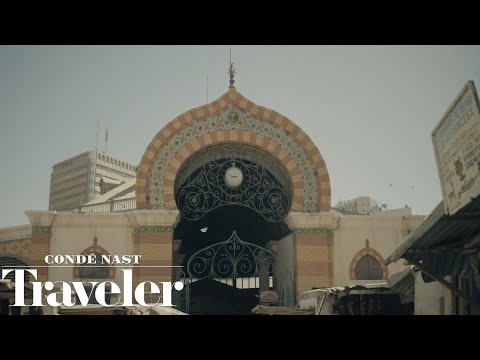
Nestled on the tip of the Cap-Vert Peninsula, Dakar, the bustling capital city of Senegal, offers a unique blend of traditional African roots and modern urban culture. Known for its lively markets, rich musical heritage, and stunning coastal scenery, Dakar is a city that boasts an energetic spirit and a welcoming heart. Here’s how to make the most out of a day in this vibrant West African metropolis.
**Morning: Sunrise and Souvenirs**
Begin your day early with a walk along the Corniche, Dakar’s picturesque coastal road. The Atlantic Ocean provides a refreshing breeze as you watch fishermen set out on pirogues (traditional wooden boats) against the backdrop of a golden sunrise. This is also an excellent spot for an invigorating morning run or a tranquil meditation session.
As the city wakes up, make your way to Kermel Market. Located in the heart of Dakar, this covered market is not just a place to buy groceries but also a cultural hub where you can find beautifully crafted souvenirs such as handwoven baskets, colorful fabrics, and intricate jewelry. Engage with friendly local vendors for a genuine taste of Senegalese hospitality.
**Mid-Morning: Artistic Explorations**
Refreshed and inspired by the market’s vibrancy, head to the Village des Arts. This collective space is home to more than 50 artists working across various mediums including painting, sculpting, and installation art. Strolling through this creative enclave offers insight into Senegal’s contemporary art scene as well as opportunities to purchase unique artworks directly from the artists.
Just nearby is the IFAN Museum of African Arts—one of West Africa’s oldest art museums—where you can delve deeper into the region’s history. The museum showcases an impressive collection ranging from traditional masks and costumes to archaeological artifacts.
**Lunch: Culinary Delights**
By now you’ll have worked up an appetite; indulge in some local cuisine at Chez Loutcha. This popular eatery serves up delicious Senegalese dishes like thieboudienne (a flavorful fish rice dish considered national cuisine) or mafe (a hearty peanut stew). Each dish bursts with flavors that are both complex and deeply satisfying—a culinary representation of Dakar itself.
**Afternoon: Historical Insights**
Post-lunch, take a short ferry ride from Dakar port to Gorée Island. A visit here is poignant but crucial; Gorée was one of the largest slave-trading centers on the African coast between the 15th and 19th centuries. Explore Maison des Esclaves (House of Slaves) and its Door of No Return—a powerful monument dedicated to those who were forced into slavery across the Atlantic Ocean.
Stroll through Gorée’s narrow streets lined with pastel-colored houses which now serve as quiet testimonials to resilience and strength. The island itself offers palm-fringed tranquility away from urban bustle—its painful history juxtaposed against its peaceful present-day atmosphere.
**Evening: Sunset Chill**
Return to mainland in time for sunset at Ngor Island’s beach bars or terraces overlooking Sea Plaza shopping center seaside promenades — perfect spots for enjoying local music over cocktails or refreshing bissap juice (hibiscus flower tea).
Finish your day at Ali Baba Nightclub where live bands play mbalax music—Senegal’s popular dance music genre that combines traditional percussion rhythms with elements from jazz or salsa—an energetic end to an enriching day exploring Dakar’s multifaceted charm.
**In Conclusion**
Each moment spent in Dakar reveals layers of history interwoven with vibrant culture—a small yet immersive snapshot into one of West Africa’s most dynamic cities. Whether it’s through its historical depths or its exuberant daily life; spending a day in Dakar promises memories filled with warmth and wonder.
